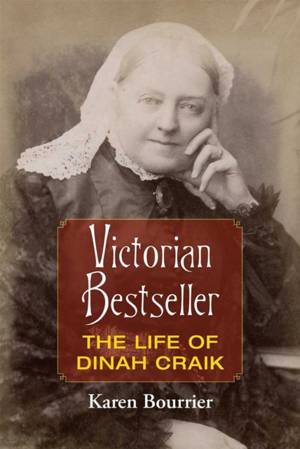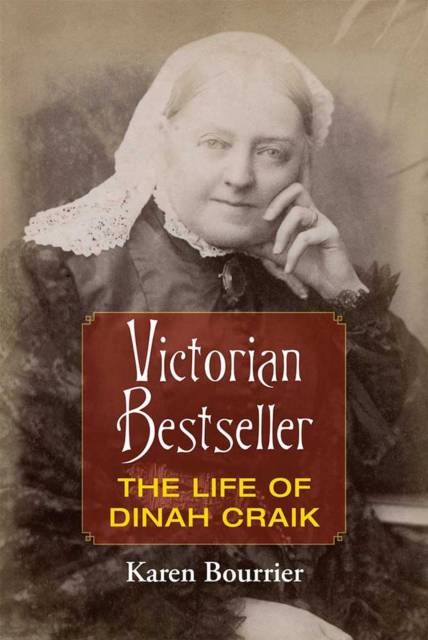
- Retrait gratuit dans votre magasin Club
- 7.000.000 titres dans notre catalogue
- Payer en toute sécurité
- Toujours un magasin près de chez vous
- Retrait gratuit dans votre magasin Club
- 7.000.000 titres dans notre catalogue
- Payer en toute sécurité
- Toujours un magasin près de chez vous
122,45 €
+ 244 points
Description
When novelist Dinah Craik (1826-87) died, expressions of grief came from Lord Alfred Tennyson, Matthew Arnold, Robert Browning, T.H. Huxley, and James Russell Lowell, among others, and even Queen Victoria picked up her pen to offer her consolation to the widower. Despite Craik's enormous popularity throughout a literary career that spanned forty years, she is now all but forgotten. Yet, in an otherwise respectable life bookended by scandal, this was precisely the way that she wanted it. Victorian Bestseller is the first book to relate the story of Dinah Craik's remarkable life. Combining extensive archival work with theoretical work in disability studies and the professionalization of women's authorship, Karen Bourrier engagingly traces the contours of this author's life. Craik, who wrote extensively about disability in her work, was no stranger to it in her personal and professional life, marked by experiences of mental and physical disability, and the ebb and flow of health. Following scholarship in the ethics of care and disability studies, the book posits Craik as an interdependent subject, placing her within a network of writers, publishers, editors and artists, friends, and family members. Victorian Bestseller also traces the conditions in the material history of the book that allowed Victorian women writers' careers to flourish. In doing so, the biography connects corporeality, gender, and the material history of the book to the professionalization of Victorian women's authorship.
Spécifications
Parties prenantes
- Auteur(s) :
- Editeur:
Contenu
- Nombre de pages :
- 362
- Langue:
- Anglais
Caractéristiques
- EAN:
- 9780472131389
- Date de parution :
- 19-06-19
- Format:
- Livre relié
- Format numérique:
- Genaaid
- Dimensions :
- 157 mm x 231 mm
- Poids :
- 657 g







